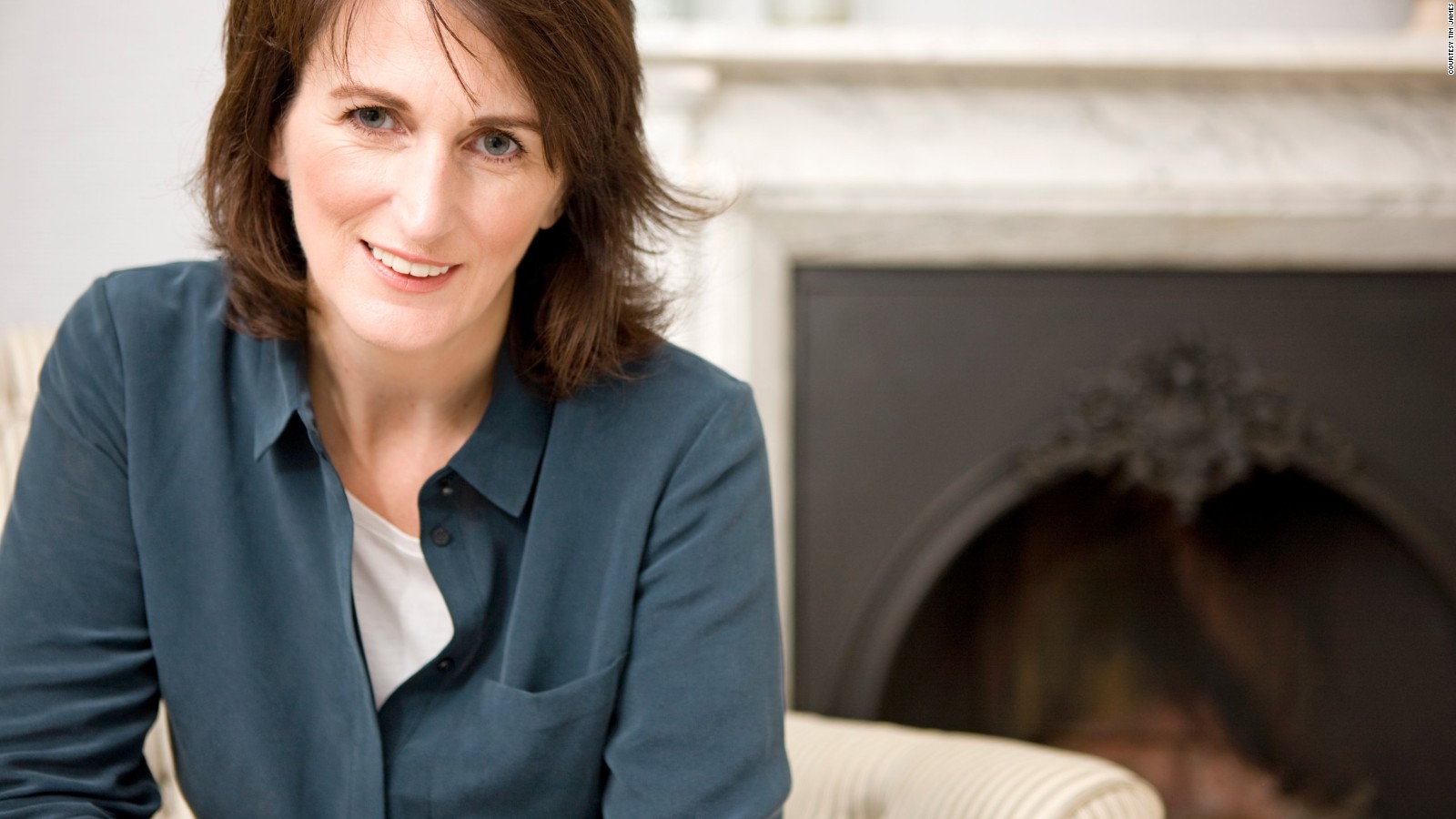
Laura
James, 47, is a successful journalist and author. She's a wife to Tim and
mother to four adult children.
She
also has autism.
She
was surprised when the idea was first suggested to her back in 2015 by a
friendly nurse during a hospital stay in London.
But then she started reading
about autism online. "I got to some traits of girls with autism and it was
just like, 'Oh my God, that's so me.'
Laura was undergoing tests for Ehlers-Danlos
Syndrome, a rare connective tissue disorder, and returned to her hospital room
exhausted, hoping to find the air conditioning on, a tuna sandwich on the table
and some peace and quiet.
Instead, the room was stifling, the
food was absent and a child was screaming nearby.
"I just had an overwhelming
meltdown ... a proper explosive meltdown," she said. The nurse who was
with Laura took her to a quieter, cooler room, Laura recalled. "She said,
'don't worry, we see a lot of autistic people here.'
"I had never thought about
autism," she said emphatically. "I thought that autism was 'Rain
Man,' I thought it was boys... All of the stereotypes I absolutely believed
because there's nothing else out there to dissuade someone."
Accordingto CNN, Laura was misdiagnosed several times. Her childhood doctor was
convinced that she had an eating disorder. She was misdiagnosed with
hyperventilation syndrome in her early twenties. And several doctors suggested
she may have generalized anxiety disorder.
Laura's
eating problems and anxiety were signs of her autism but were misinterpreted
for more than four decades. Hyper-focus, a common trait in people with autism
that allows them to focus intensely on one thing for a long period of time,
meant she often forgot -- and still often forgets -- to eat. Her sensory issues
and Ehlers-Danlos syndrome also made it unbearable to eat particular foods.
Most of the anxiety Laura
experiences is linked with her autism and it began early in life. "I
distinctly remember as a child feeling different and behaving differently to
other girls. I simply remember thinking that everybody else seemed to kind of
get it. Everyone else seemed to know what to do and how to do it, like there
was an instruction manual that I'd lost and they all had."
Laura is also convinced that
social conditioning is a big factor in the differences between boys and girls
with autism. "Boys are allowed to be louder and more confrontational, more
challenging, whereas girls are taught to be nice, quiet and polite." Girls
are more likely to internalize their difficulties, she thinks, which then go
unnoticed.
For Laura, diagnosis was a mixed
blessing. "The moment of walking out was brilliant -- I've got an answer
-- but then it gets harder before it gets easier," she said.
Reflecting
on how she now sees herself, she said, "I think of myself as autistic, I
don't like 'with autism.' The reason I don't like it is because it's not
something that's ever going to go away ... Being autistic shapes pretty much
everything in my life, in the way that, for me, being female does as well, or
being a mother does."
she started writing -- at first
articles and now a book -- about her experiences as an autistic woman. "Odd Girl Out" is being published this month.
She reflects on how her life would
have been different if she had never met that nurse or if her tuna sandwich had
arrived on time.
"I wouldn't have had a terrible
life -- I'd have had a very nice life -- but it wouldn't have been as rich and
fulfilling, and I would have died not understanding myself."
Credit: CNN
No comments:
Post a Comment